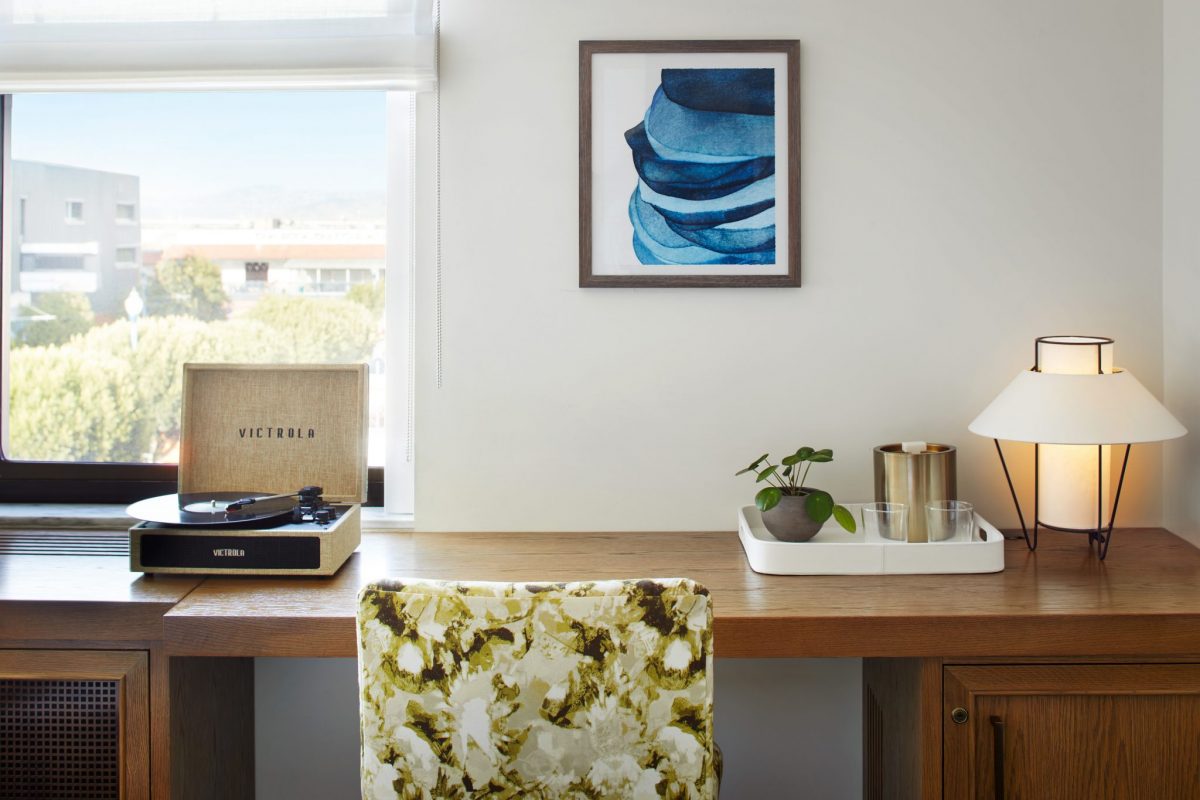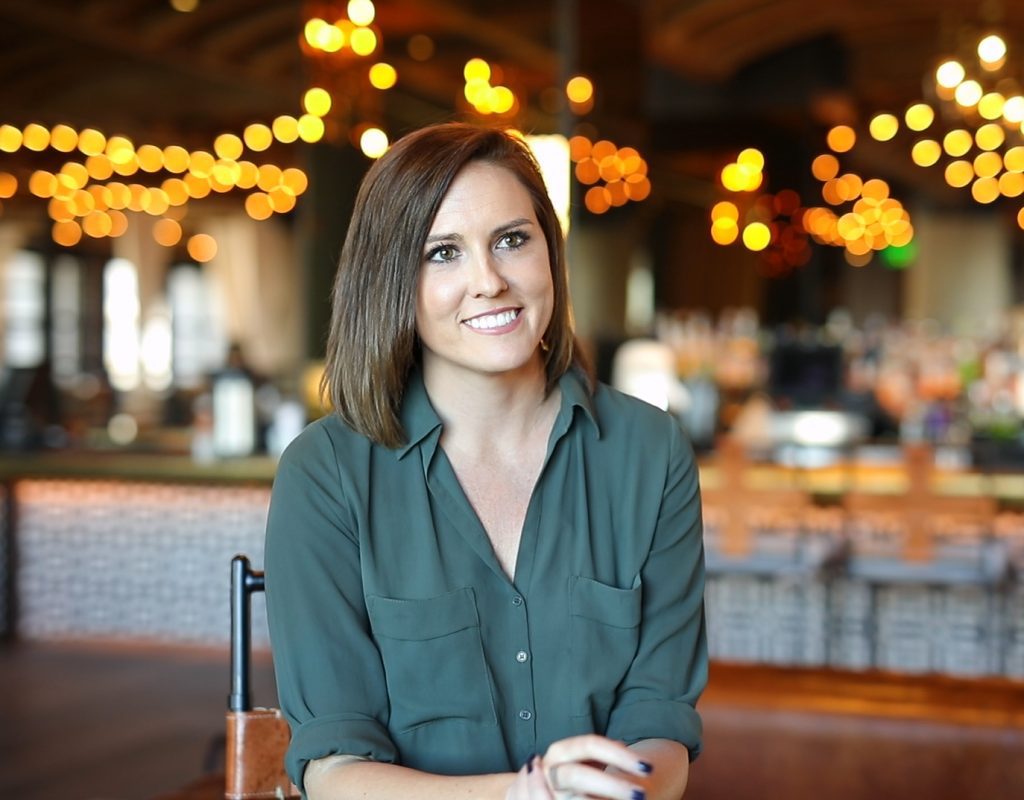IHG, Marriott, and Equinox Hotels Turn Up Sleep Soundtrack Strategies

Skift Take
Forget turndown service chocolate on a pillow. Hotel brands now see sound as the latest way to add a personal touch to a guest's stay.
At Muir hotel in Halifax, a restful night comes courtesy of “sleep soundtracks” accessible via QR codes on cards depicting Nova Scotia landscapes and wildlife. The Canadian hotel is part of Marriott's Autograph Collection.
It’s the latest in a mix of brands like Kimpton Hotels & Restaurants and Equinox Hotels turning to the element of sound to enhance the travel experience.
“Every time I looked through the window of a guest room, I kept asking myself ‘How do we bring the outside in?’,” Eugenie Jason, Muir’s general manager, said of the hotel’s sweeping Atlantic views. “Our ethos is ‘Born of this place,’ and sound is a very integral part of that experience. I wanted people to be able to take that experience home with them.”
The result is a growing mini library that includes the rhythms of the ocean and the lullaby of local birds. The experience will resonate in more ways than as “just” a souvenir, said Anida Gurlit, a creative director of music design with Mood Media.
“I want to see more of that. I want to do more of that type of programming,” Gurlit added of Muir’s. “It’s just something a little different, distinctive, and memorable. It’s said that our sense of smell is the most evocative of memory, but if I hear a song I love, I’m instantly transported back in time.”
With a focus on hotel wellness programming post-pandemic — and extending the impact of those experiences upon returning home — now is the time to think beyond the scope of music programs that have traditionally focused on tunes in the lobby, elevator, and restaurants.
Pablo Henderson, vice president of marketing for Equinox Hotels, sees QR codes as a means to offer “an undiscovered perspective,” likening them to an on-demand concierge or tour guide.
“They might provide new opportunities for sonic storytelling about the neighborhood, art, design, or provenance of ingredients in the hotel,” he added.
Plus, hotels that host podcasts or are active on platforms like Clubhouse and Fireside can offer a more interactive approach and “have a real dialogue with guests” when it comes to hospitality thought leadership, Henderson said.
Equinox already had a wellness program in the form of Rituals guided meditations prior to the pandemic but offered the sleep coaching and wake-up “pep talks” for free to non-guests to practice at home.
Such measures are ways to not only enhance brand loyalty for those who couldn’t travel but also an opportunity to attract new customers, said both Henderson and Lauren Bucherie, a senior director in brand development and programming at Kimpton Hotels.
Kimpton fielded so many questions about its music from guests that the brand created its own robust series of complementary Spotify playlists. At many locations, music factors into the aesthetic by way of in-room record players that offer an element of personalization.
Travelers are welcome to check out vinyl at the front desk, offering a “memorable sense of connection with guests,” said Bucherie.

She sees music programming as an extension of how many hotels have installed art galleries to curate an experience or mood — or even put a local stamp on a brand with world-wide recognition. Kimpton’s regional music designers evaluate the considerations of each property in terms of energy, how melodies can complement the aesthetic of places, and what history an area has when it comes to certain genres. For example, Nashville’s intrinsic ties to country music.
Kimpton also frequently offers live music experiences, which is an opportunity to create fun for guests while connecting with the local community, said Bucherie.
Gurlit believes the pandemic has changed the hospitality industry’s tune for hoteliers and musical artists themselves.
“Properties [now] want to support more diverse styles,” she said. “I’m seeing exciting change for music programmers. I’ve noted a sense of adventure, a sense of creating an experience instead of an environment that sits in the background. In the selection of artists, hotels want to be a place that introduces new music to people rather than just being cool.”
While some hotels garnered headlines for their unique artificial intelligence “installations,” Gurlit cautions against using AI in today’s climate, where what is in the news can rapidly dictate the tone of the day.
“If you have something programmed that’s high-energy because it’s when most people tend to check in and it’s a slow morning, that sets the wrong tone,” she said. “Or if it’s a different crowd and you’re playing ‘eclectic global influence’ and you note they’re not into it, you need that human element to be able to change it.”
Whether it’s checking in or checking out, the lobby just may be one of the more challenging spots, according to Henderson.
Not only are they “transactional spaces that need to function with the purpose of facilitating conversational exchange,” but they are also the first and final chance to “make a lasting impression” when it comes to musical selection.




